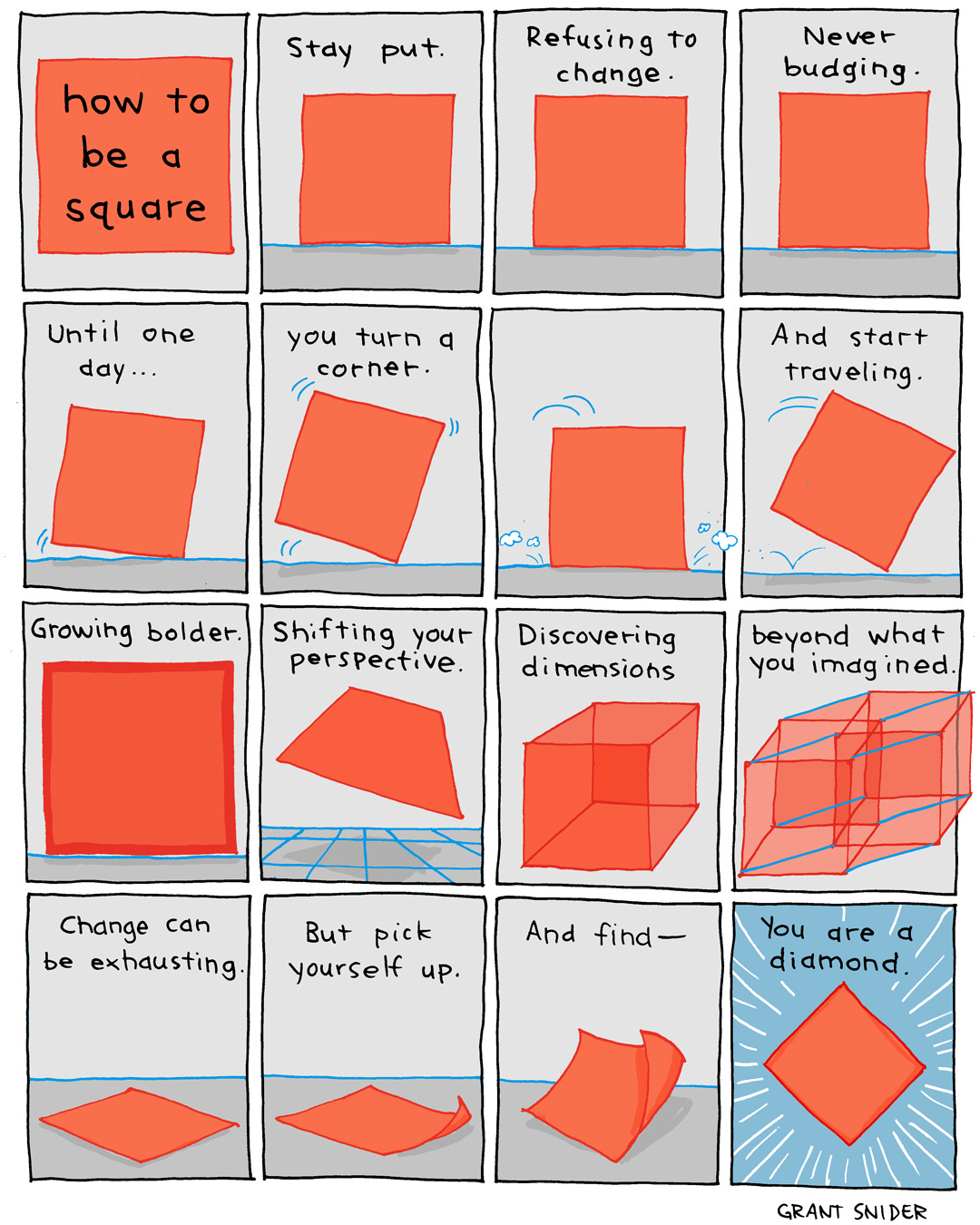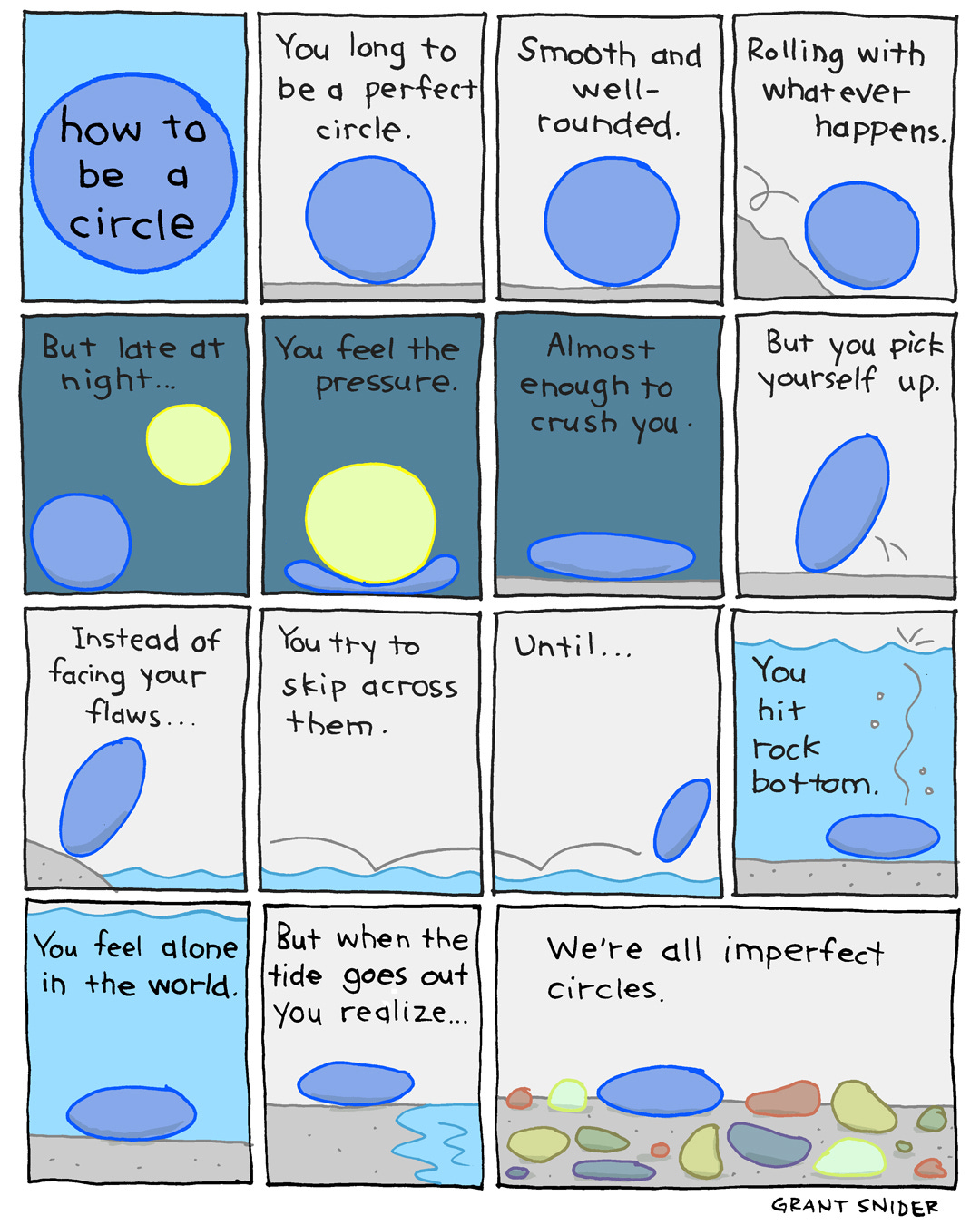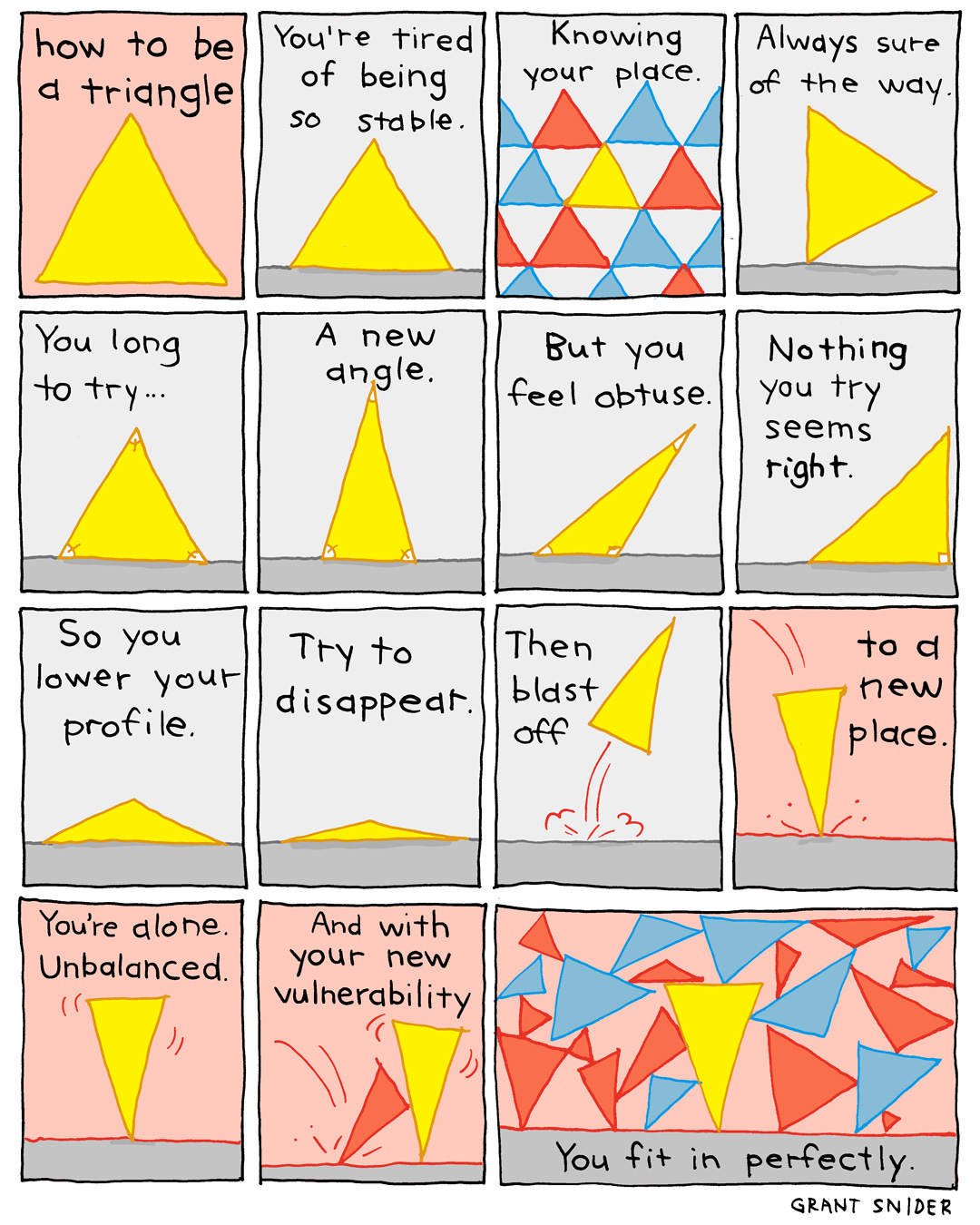HAPPY MARTIN LUTHER KING, JR DAY
Hmmmmmmmmmmmmmmmmmmmmmm. . .
We don’t quite say that the way that we do
HAPPY BIRTHDAY
HAPPY NEW YEAR
HAPPY HANUKKAH
HAPPY HALLOWEEN
HAPPY VALENTINE’S DAY
HAPPY EASTER
Wait. . .What. . .Huh?

Like most Monday morning blogs this is not a video that I researched or that I sought out, it is one that found me and now haunts me. As I listen to this video from Martin Luther King Jr. about the Good Samaritan, which was a part of his I HAVE BEEN TO THE MOUNTAIN TOP speech, I quickly realized that not only am I not the Good Samaritan, I am not even close to being the not-so-Good-Samaritan.
Quick: if you could describe your life to this point in just one single word what would it be? Seriously, mine might be ENCHANTED. I live a ENCHANTED LIFE; I really do. I am a severely white privileged male that has never really felt what racism is all about; or poverty; or disadvantage; or choice of sexual orientation, or. . . . Now don’t get me wrong, I’ve worked hard for everything that I’ve gotten and I’ve tried to do right by another person, not just by treating them the way that I want to be treated but really trying to go the extra step past the Mountain Top and finding out how they would like to be treated and then actually treating them that way. I have never joined a demonstration. I have never participated in a March. I have never protested. I would like to believe that part of me being a Caring Catalyst and trying to be a better One each day, is trying to convince myself that person by person the world itself changes and that I have an active part in participating in that every single encounter that I have with every single person.
No, I’m not a Good Samaritan. I’m the guy that is too busy to stop because I have business to do; important business, maybe even business that affects peoples lives. No, I’m not a Good Samaritan not because I don’t stop and help, or because I’m sometimes afraid I may to become that victim I too, may be misunderstood or harshly judged. No, but possibly because I have a great way of RATIONALIZING everything away so that I can feel just a little bit better about myself (one-not-that-all-important-act-but-makes-me-look-good-without-trying-all-that-hard. . . .
I don’t do good with vacations or paid time off, so every year I rarely take a week or two weeks off at a time. I’m better at taking days off especially Friday and Mondays. I, on purpose, take my birthday off. I take my wife, Erin’s, Birthday off. I take off good Friday every year usually the Monday after Easter and yes now Martin Luther King Jr. Day. I usually take these days off to spend them with people that I love and people who love me. In particular, I take off Martin Luther King Jr. Day, just like Good Friday, to reflect, to ask myself, ‘why am I not the not-so-Good Samaritan; why am I the one that would go to the other side of the road; why am I the one, that being as privileged as I am, would make myself feel better by literally, just writing a check and mailing it in? Tough questions, but not always elicit the most honest answers. Somehow, just asking the questions helps, eases me as it inspires, challenges me not by attempting to answering the questions with my words or my mouth, but with my actions. Hoping, just hoping, that what I might do for ANOTHER, personally, intentionally, and yes maybe even, intimately, will not only be world changing for them but also mean the universe to me, too.

HAPPY MARTIN LUTHER KING, JR. DAY
. . .today. . .tomorrow. . .for-an-ever
let’s not pass each other by
but attend to each’s wounds
and heal as we are healed
no matter what
no matter who
no matter when
no matter how
NOW
to get one step higher than
THE MOUNTAIN TOP



























